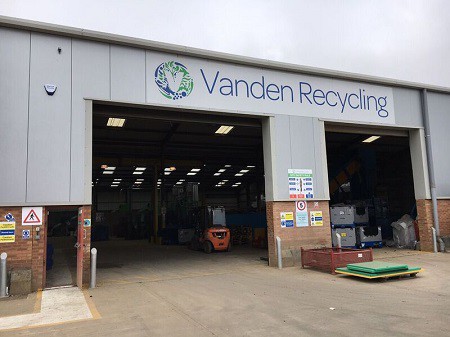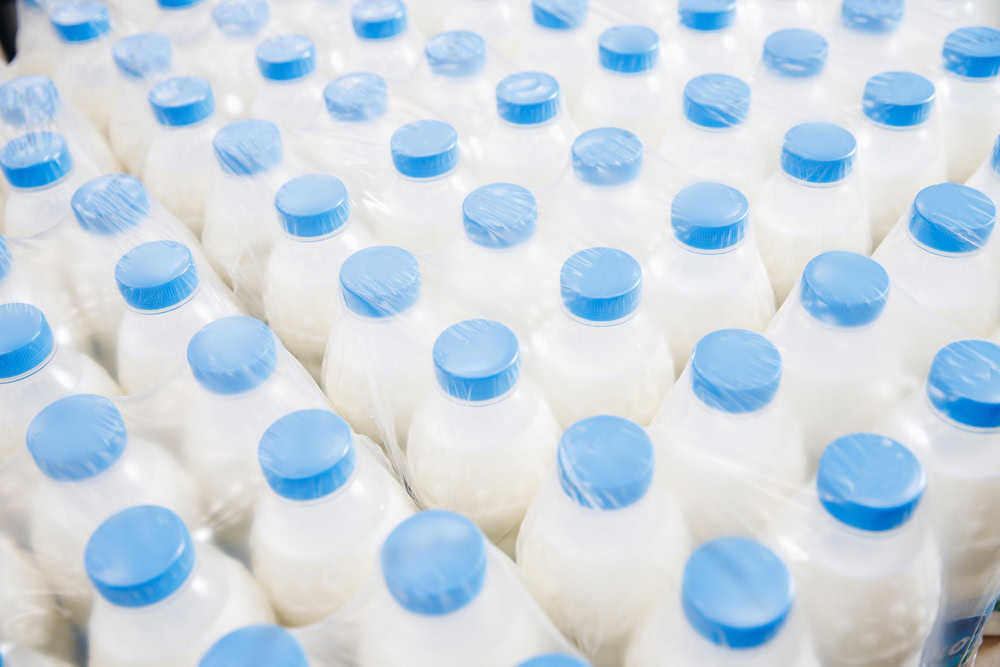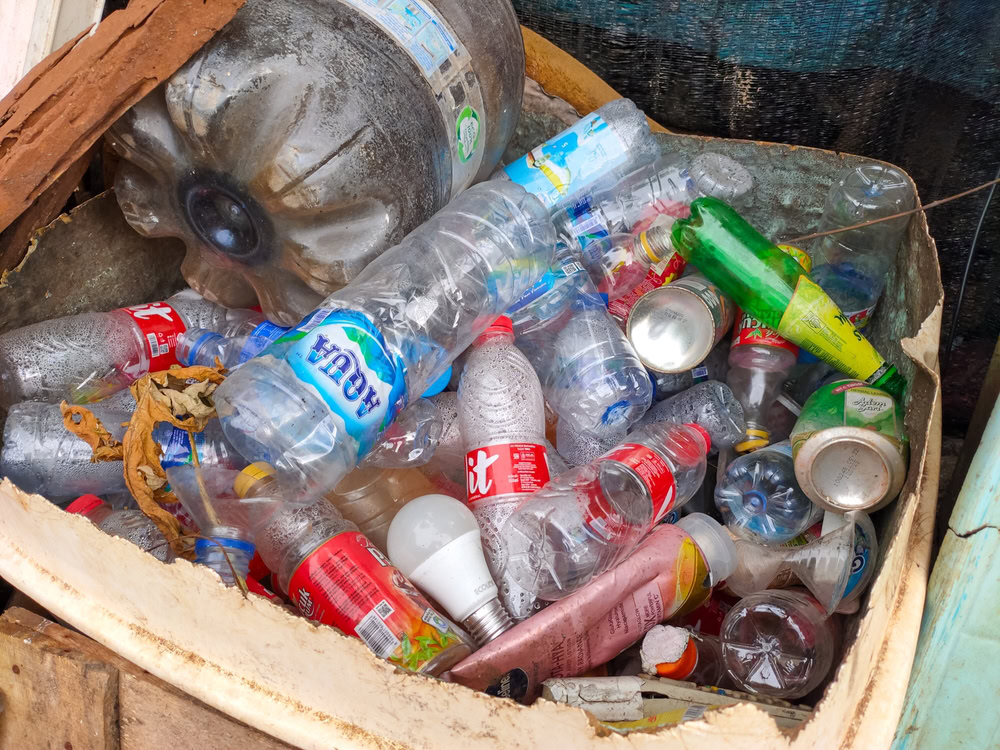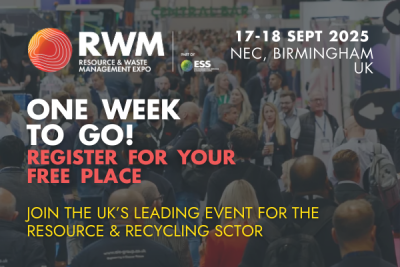The recycler said it has shifted towards exclusively working with waste managers, collectors and sorters, reprocessors and PET manufacturers to enable long-term supply agreements.
The company explained that they will be working with suppliers to explain changes in legislation, identify potential uses and value for their material and support customers with procurement to access feedstock that meets the required specifications for reprocessing and manufacturing.
Plastics processing previously accounted for less than 10% of Vanden’s current business.
Vanden’s strategy shift
To support this approach, Vanden has invested in regional teams, logistics and customer support infrastructure.
The company said its model is intentionally designed to reduce friction across the recycling value chain by ensuring materials are moved efficiently, transparently and to standards required by converters and brand owners.
Director Damien van Leuven explained: “Our clients are under pressure to maintain performance, meet sustainability goals, and secure supply in an unpredictable landscape.
“Our job is to simplify that process by delivering technically suitable, commercially viable feedstock solutions that work for them, now and into the future.”
Whittlesey plastics plant closure
The move comes after the company confirmed the closure of its Whittlesey plastics recycling facility at the end of August 2025, which it said would allow resources to be redirected into strengthening its global trading and supply capabilities.
The facility, which processes post-industrial plastics including PET, PP and HDPE, is expected to cease operations by late October.
Managing Director Kevin Thompson said the decision followed “careful consideration”, noting that the Whittlesey site “has been a small but important part of our operations” but did not offer the scale required to meet the company’s long-term objectives.
Van Leuven added: “We are building a customer-first business that solves real challenges. It’s about more than sourcing plastic – it’s about building long-term supply partnerships that are efficient, sustainable, and technically sound.”









Subscribe for free